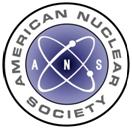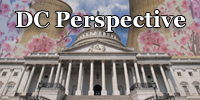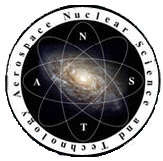Senators press Trump for answers on Saudi nuclear capabilities

Van Hollen
Amid news stories of possible undeclared nuclear facilities in Saudi Arabia and China's involvement with them (see here and here, for instance), Sen. Chris Van Hollen (D., Md.) on August 19 led a bipartisan group of senate colleagues in sending a letter to President Trump requesting more information on the matter.
Cosigners included Sens. Rand Paul (R., Ky.), Jeff Merkley (D., Ore.), Susan Collins (R., Maine), Tim Kaine (D., Va.), and Jerry Moran (R., Kan.).


 The latest season of
The latest season of 
 In 2009, the United States and the United Arab Emirates (UAE)
In 2009, the United States and the United Arab Emirates (UAE) 
